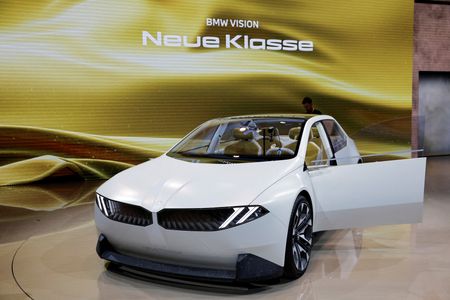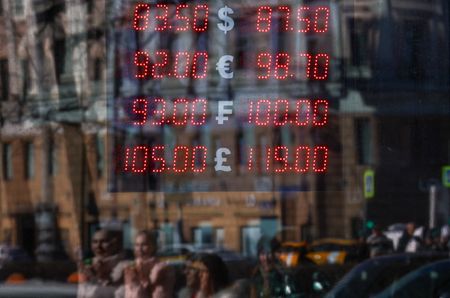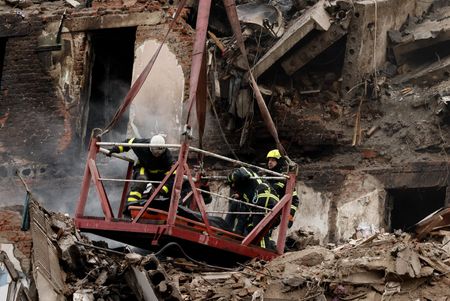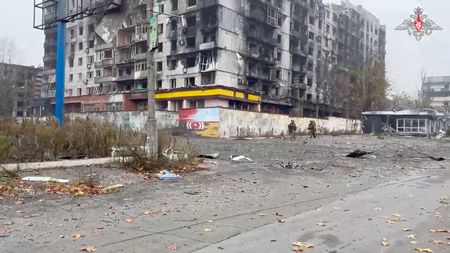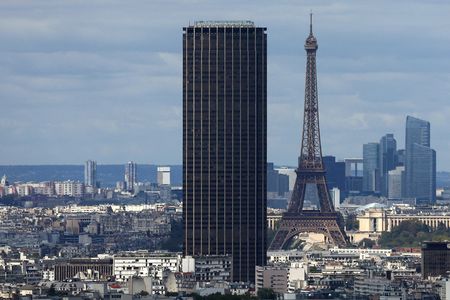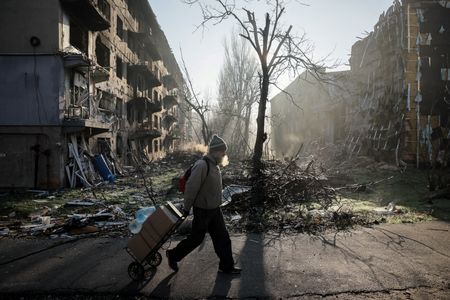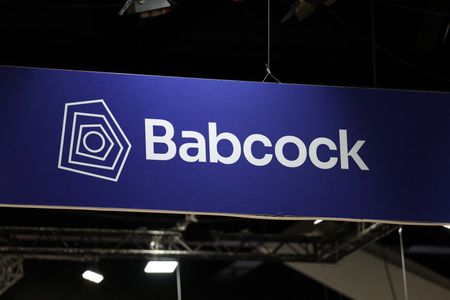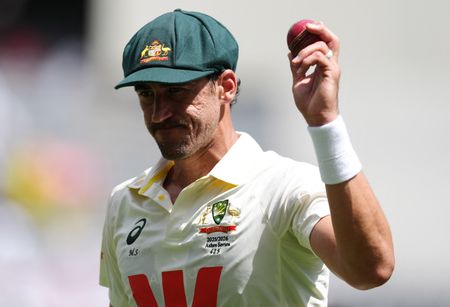By Victoria Waldersee
LANDSHUT, Germany (Reuters) – BMW does not see the need to negotiate a special deal with the United States to avoid import tariffs, its chief purchasing officer said, pointing to the carmaker’s sizeable presence in the country and good relations with U.S. government officials.
BMW’s plant in South Carolina is its biggest worldwide by output and a major exporter to markets including China, Germany, and Britain. This gives the company scope to reshuffle production and make more for the local market if U.S. President Donald Trump follows through on threats to impose tariffs of around 25% on vehicle imports.
“By value, we are the biggest exporter of vehicles from the United States,” Joachim Post said, speaking to journalists on Monday at an event at the carmaker’s component factory in Landshut, Germany to showcase new technology in its upcoming ‘Neue Klasse’ EV series.
When asked if BMW was trying to negotiate an exemption from tariffs, Post said: “I don’t see a situation where we need our own deal.”
Trump’s tariffs, which could come into force from April 2, could be painful for BMW competitors Audi and Porsche, both Volkswagen brands with no production in the U.S.
VW CEO Oliver Blume told German broadcaster ZDF earlier this week that his company was contacting Trump’s officials to remind them of the billions of dollars it has invested in the country. “Companies which engage there should have some benefit,” Blume told ZDF.
‘TECHNOLOGICAL OPENNESS’
A slower-than-expected transition to EVs is upending carmakers’ strategies, with Mercedes-Benz on Thursday announcing more new combustion engine models than battery-electric cars in the next three years to spur demand.
BMW’s Post said the carmaker’s long-held approach of “technological openness”, setting up production lines capable of switching between producing combustion engine, plug-in hybrid, and purely electric cars, was paying off in that context.
“The U.S. has always been relatively divided when it comes to drive system preferences… that will continue,” said the BMW executive.
In Europe, where energy and labour costs far outweigh those in China and the U.S., carmakers including Mercedes-Benz and the VW passenger car brand are making deep cost cuts in their home markets and shifting some production from northern Europe to countries in Eastern Europe where costs are lower.
But BMW has chosen to make key components for the upcoming ‘Neue Klasse’ EV cars in two plants in Germany and Austria, both set up with a level of production efficiency that outweighs the added costs, Post said.
In Landshut in southern Germany, BMW will produce the so-called “Energy Master”, a control unit for its new generation of batteries which is produced fully in-house, allowing BMW to provide updates remotely via its software.
Its plant in Steyr in Austria will produce the Neue Klasse’s electric motor, with series production to begin at both sites from the summer of 2025.
(Reporting by Victoria Waldersee. Editing by Jane Merriman)

